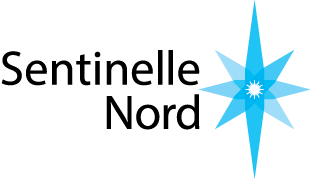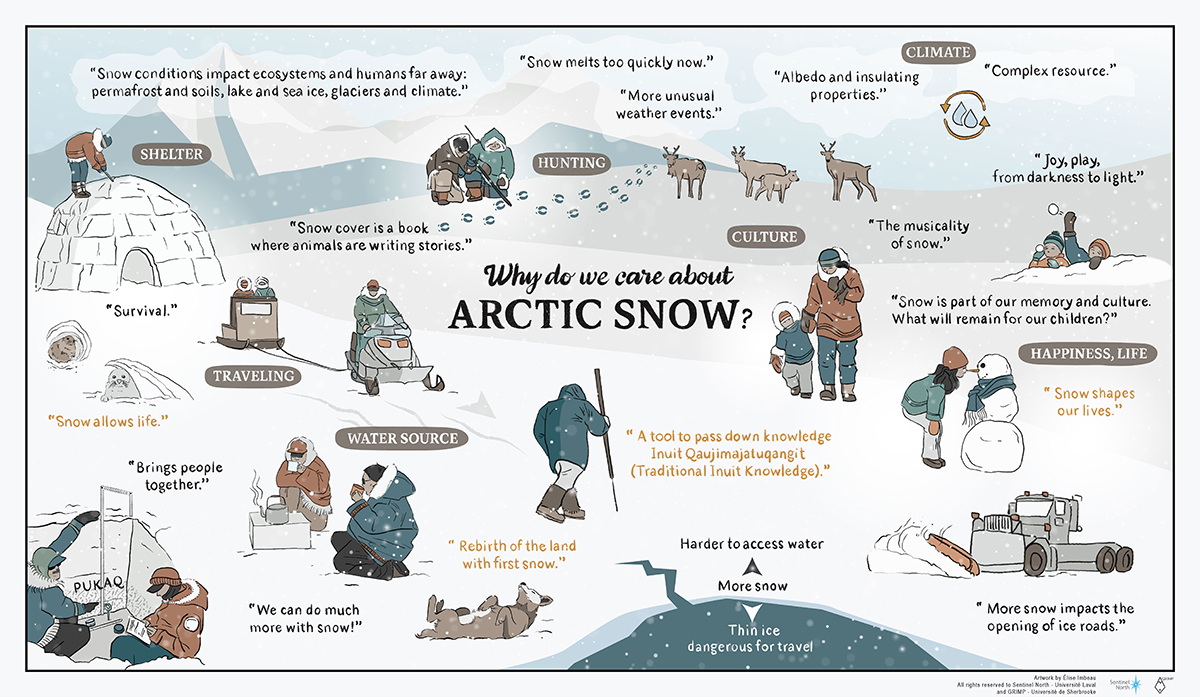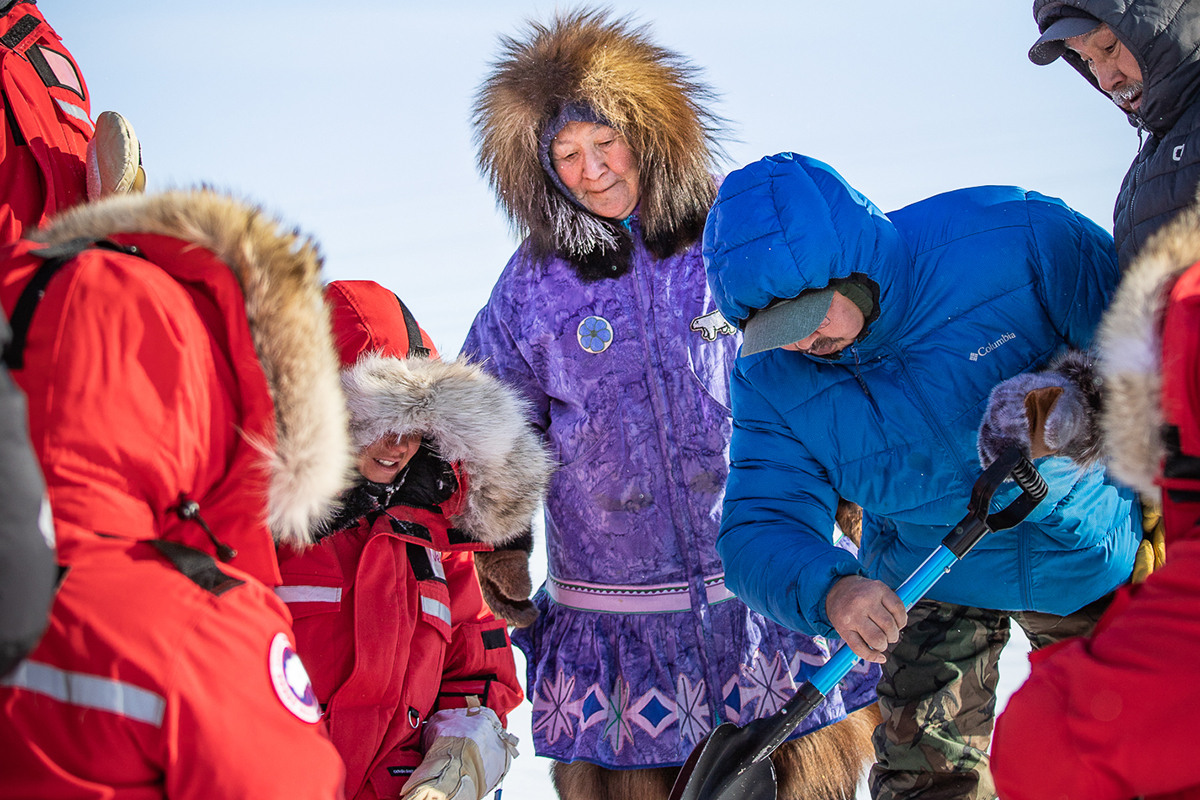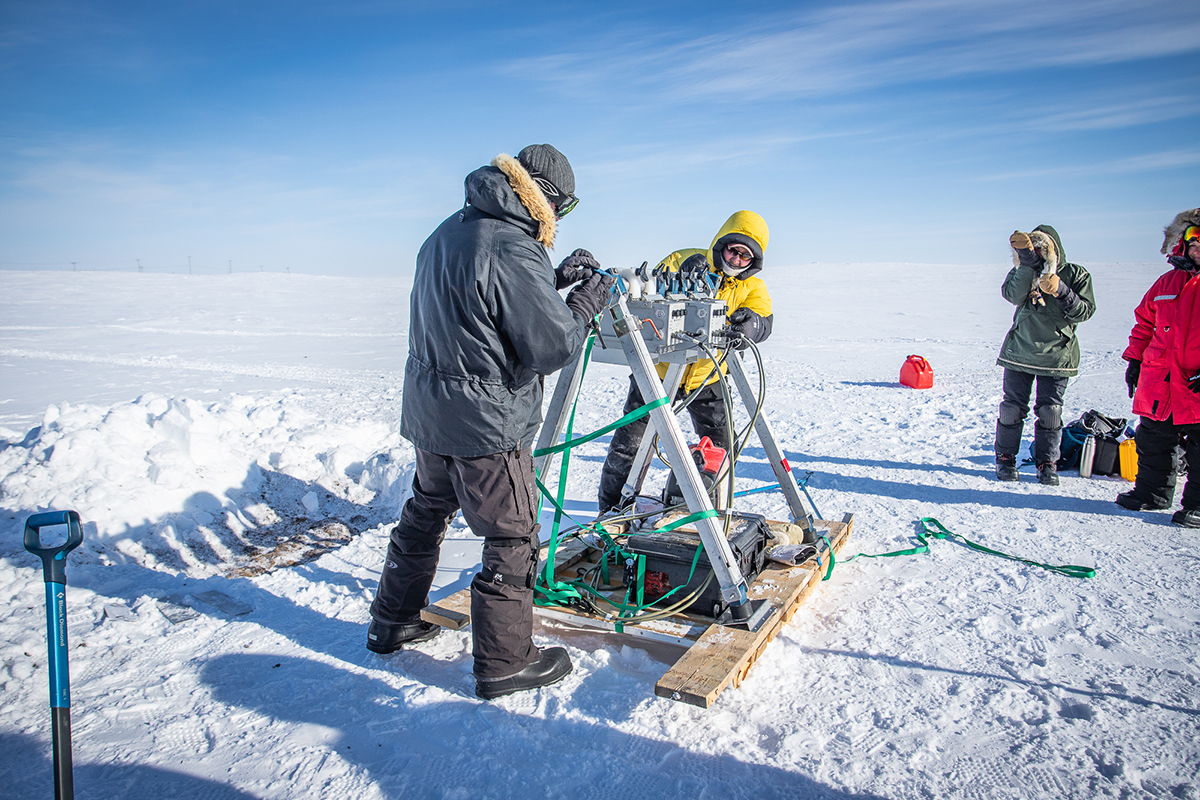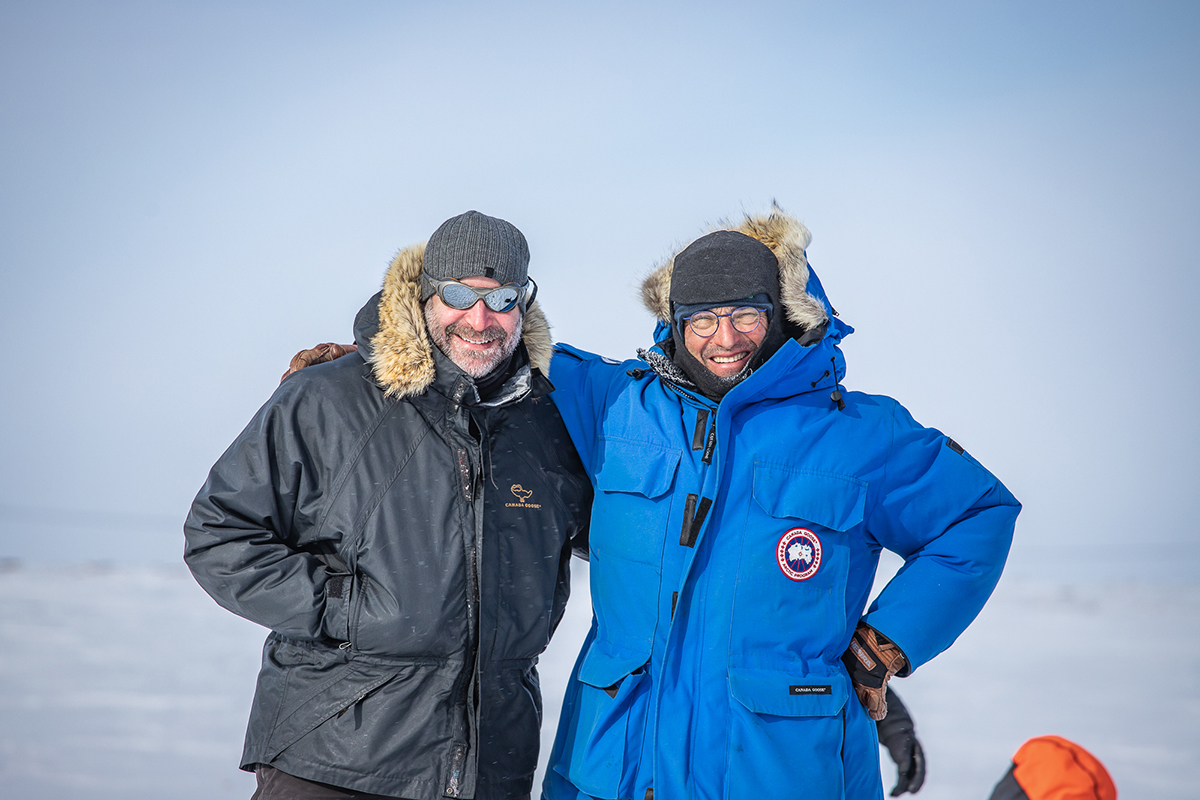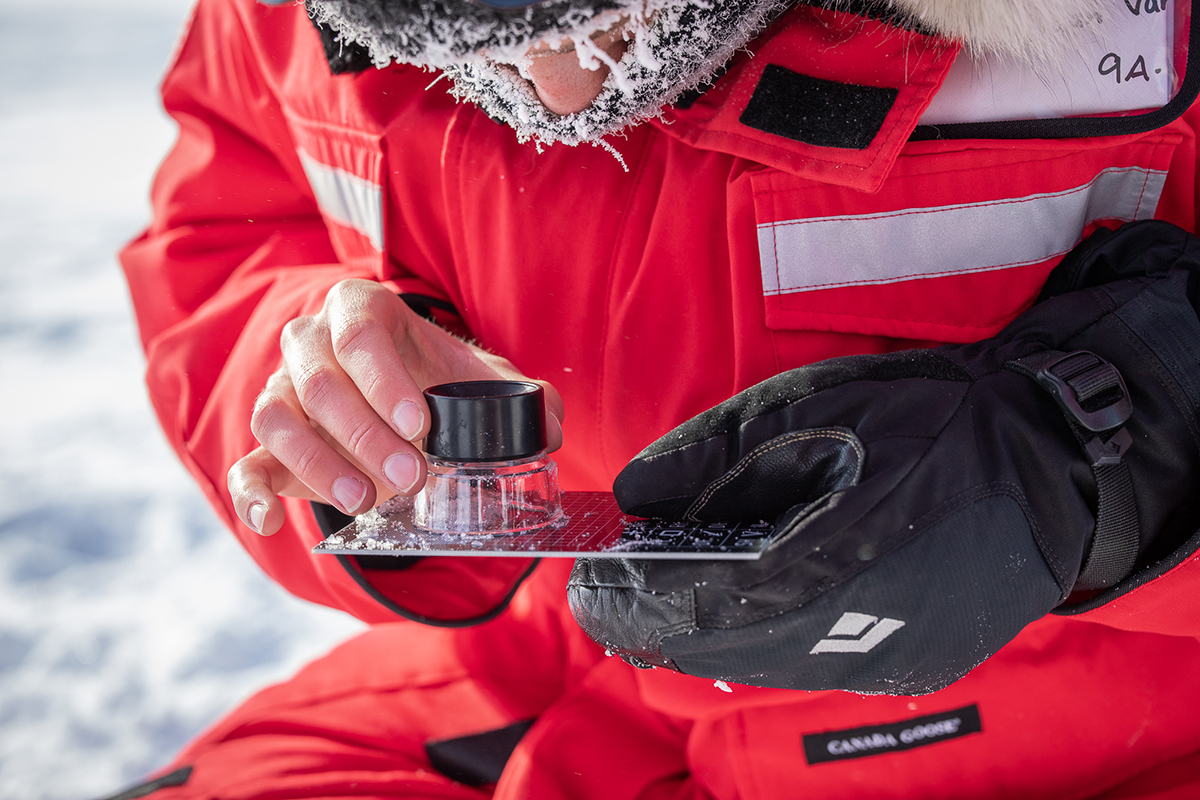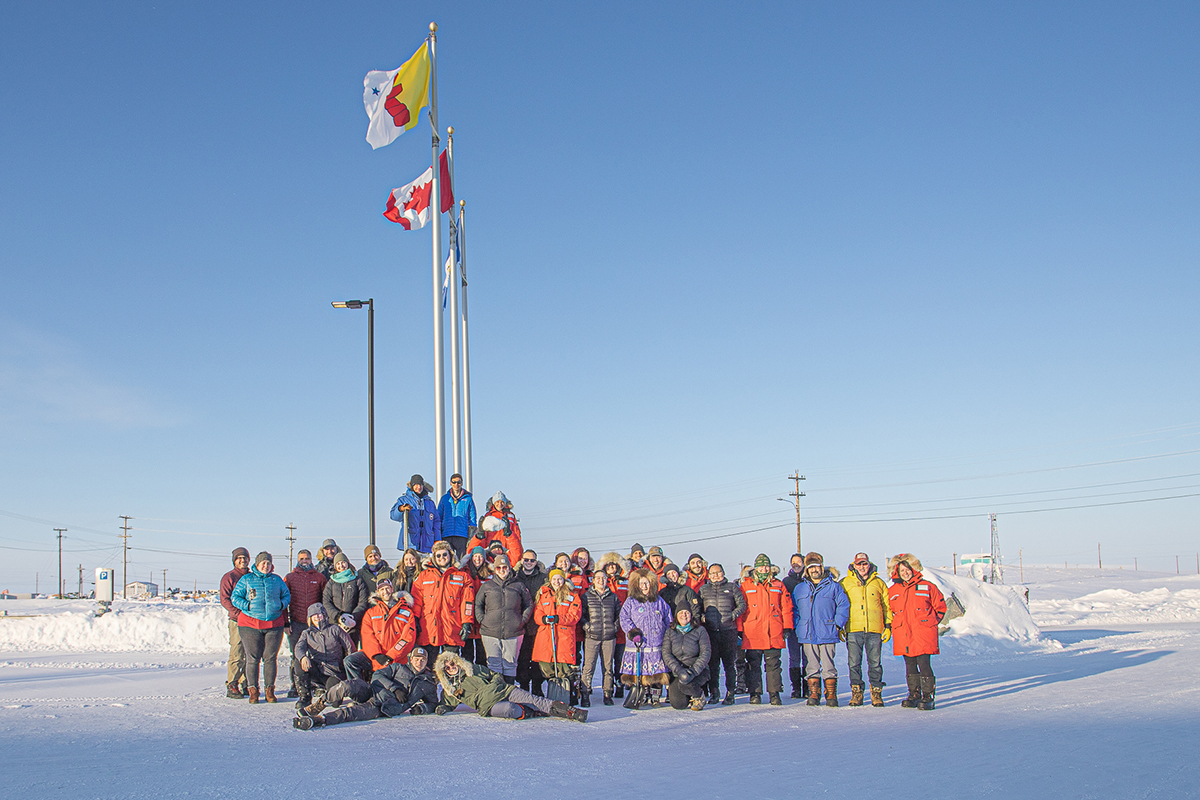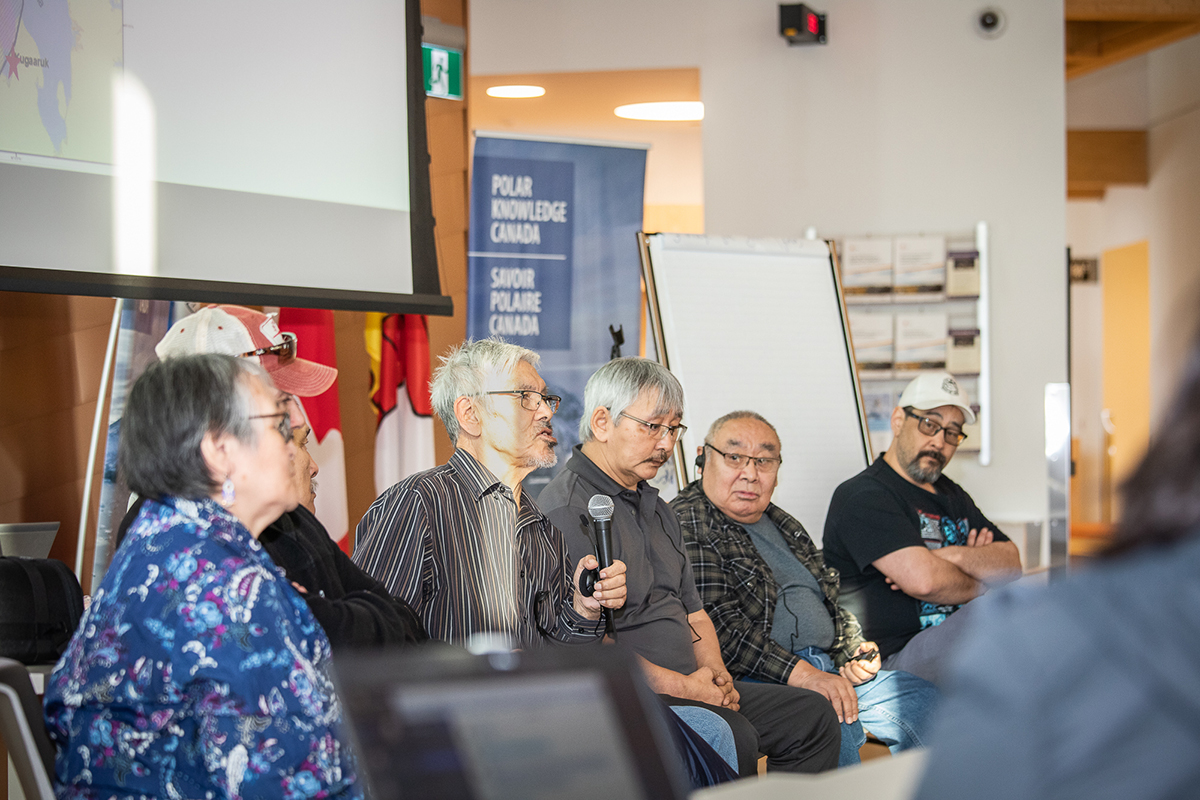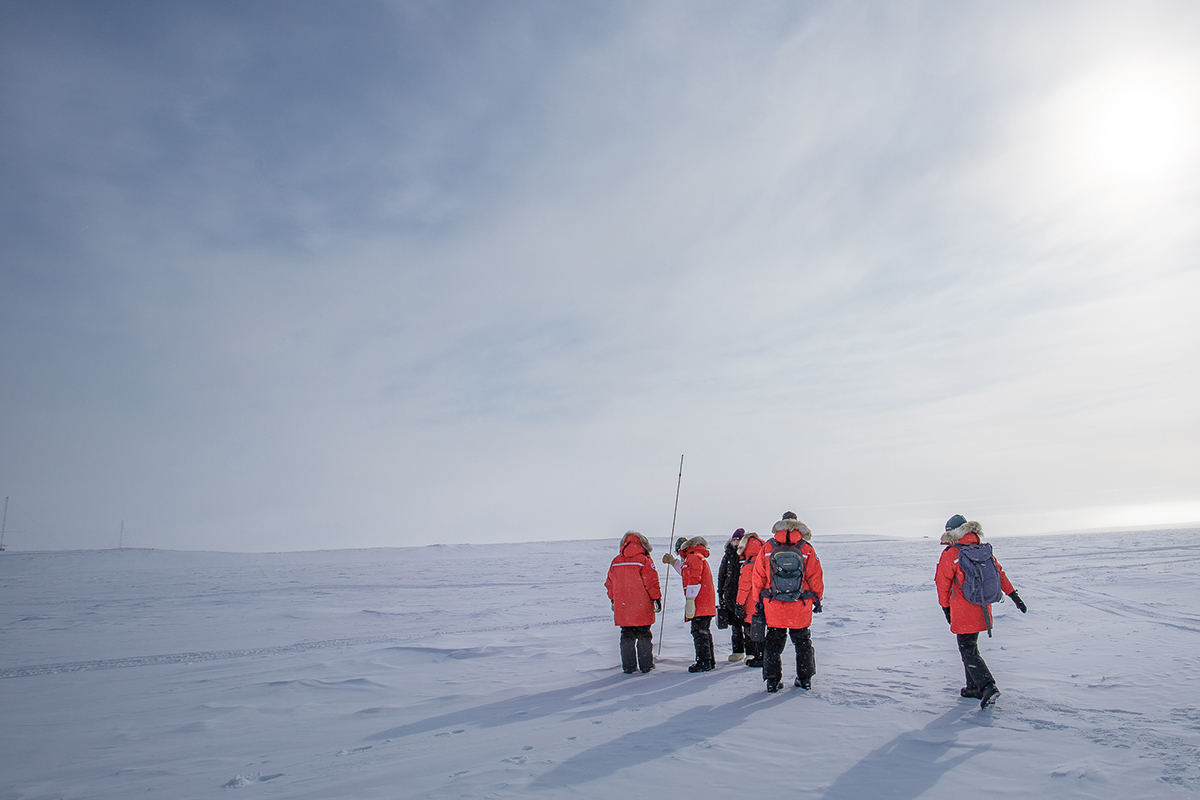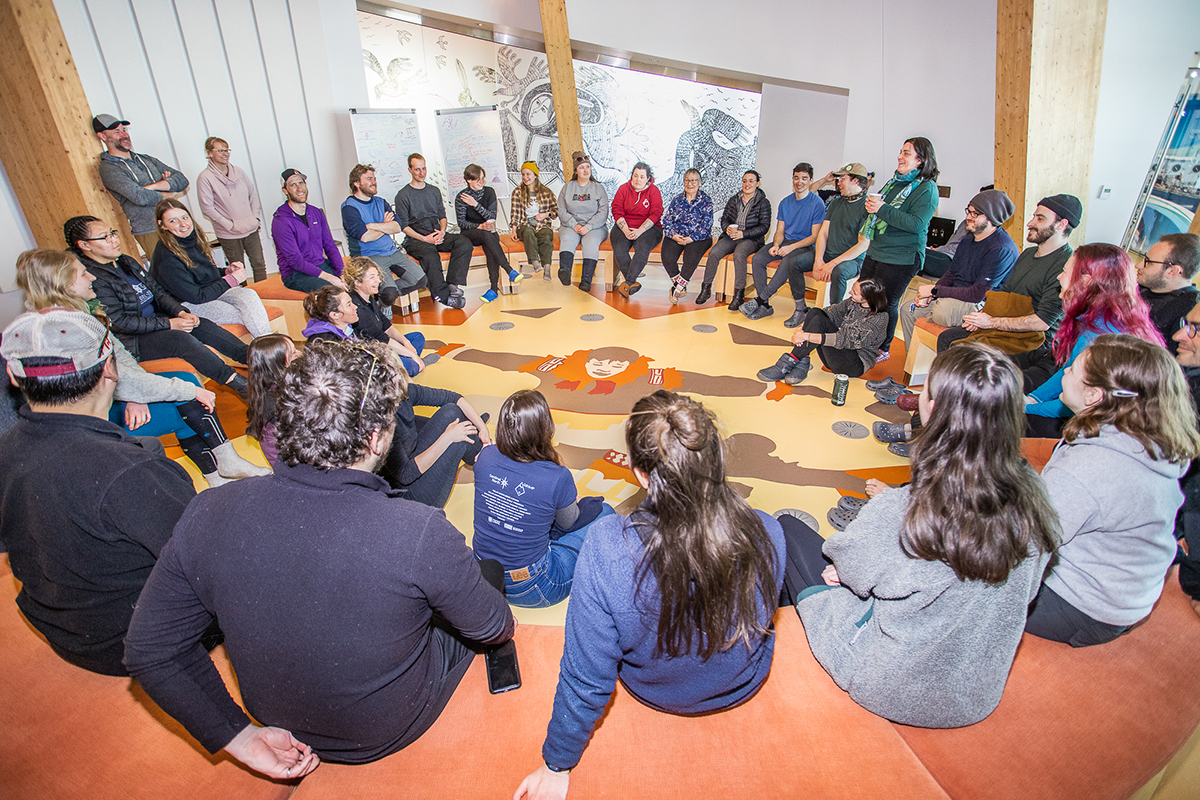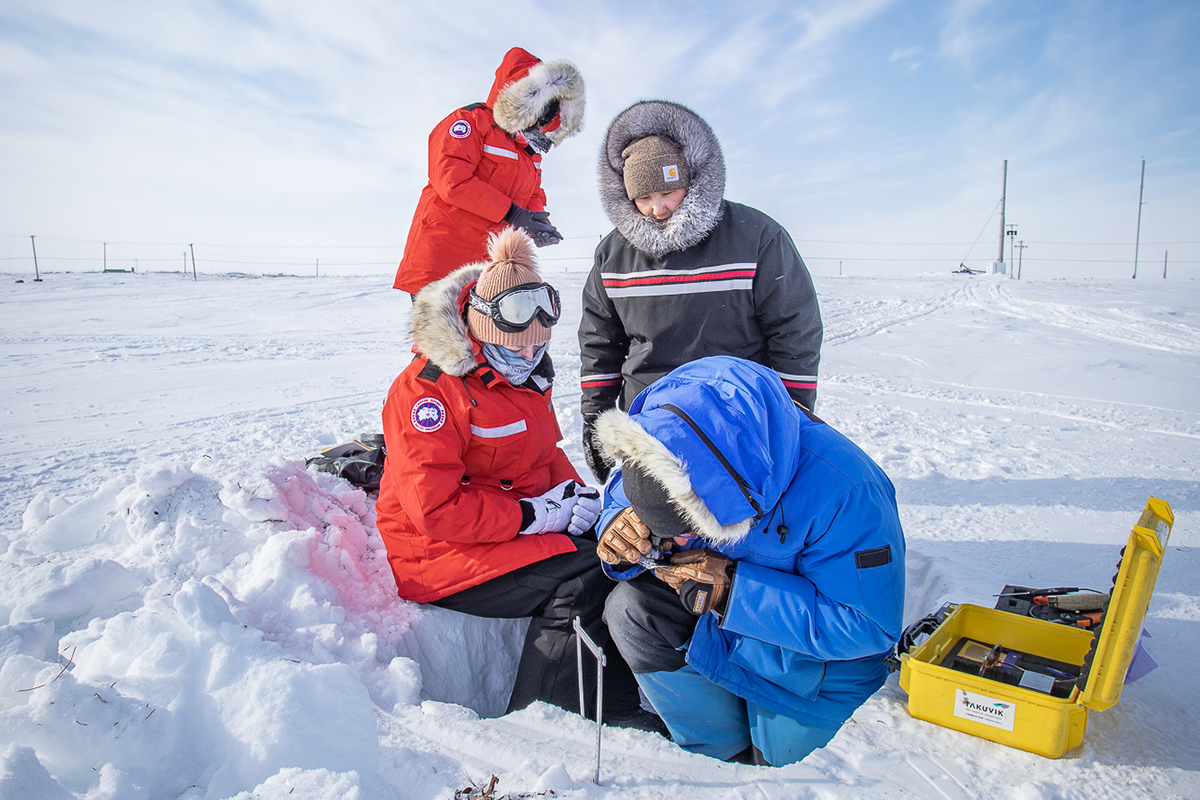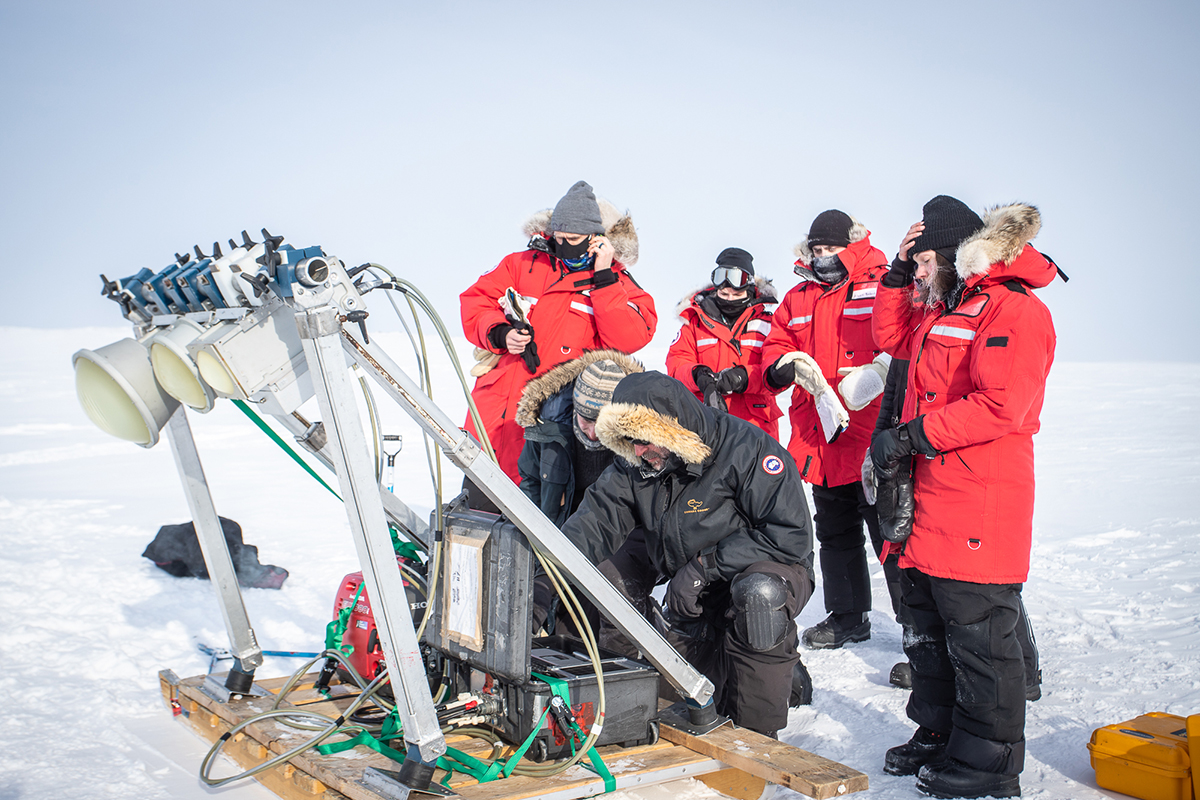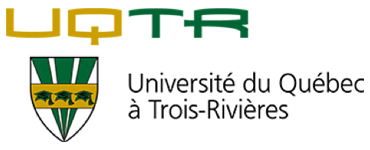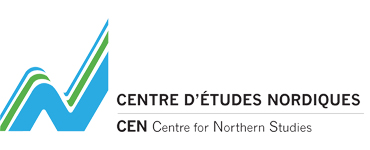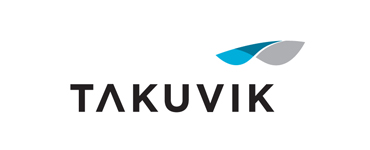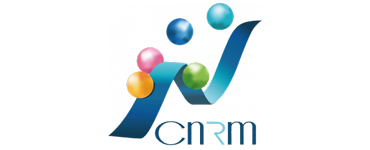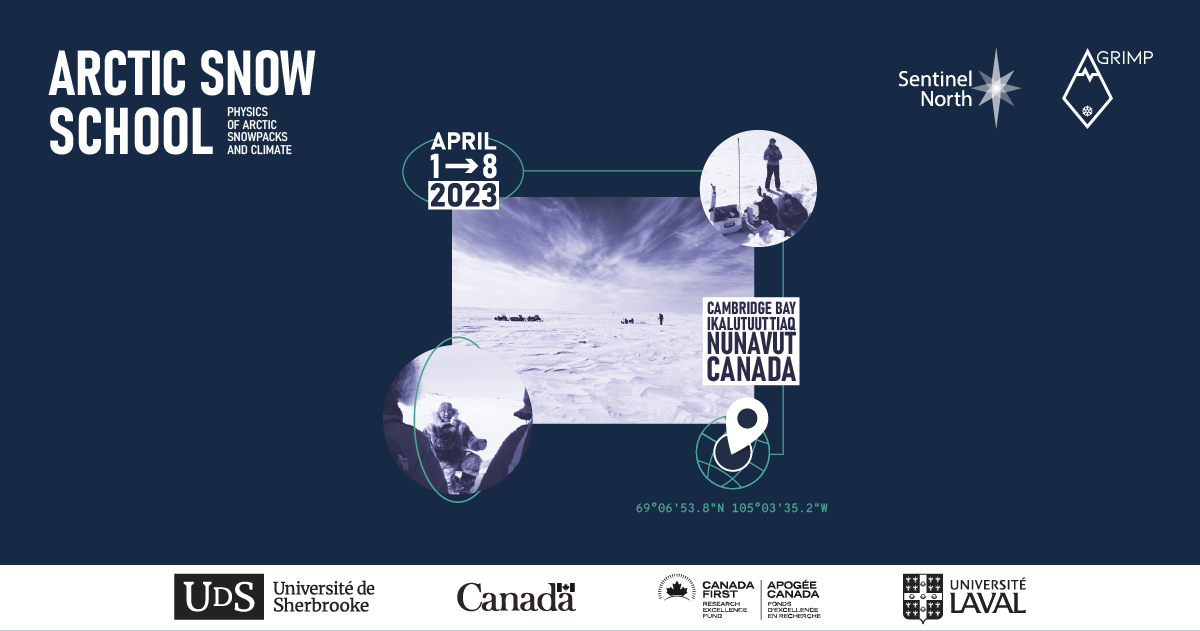Arctic Snow School
April 1 to 8, 2023 – Canadian High-Arctic Research Station (CHARS), Iqaluktuuttiaq (Cambridge Bay), Nunavut, Canada
Snow plays a critical role in Arctic and worldwide climates. However, Arctic snow cover challenges most sophisticated models, as those were initially developed to describe snow in temperate and alpine regions. Formation, accumulation, and metamorphism processes of Arctic snow are specific to polar regions and our knowledge on spatial and temporal variability of those processes is limited by a lack of data. This limits our empirical understanding of the physical processes governing the evolution of Arctic snowpacks and the surface energy balance of polar regions.
Hosted at the Canadian High Arctic Research Station in Iqaluktuuttiaq (Cambridge Bay, Nunavut, Canada), this field school aims to provide an advanced hands-on training to improve each participant's knowledge of dynamic and thermodynamic processes controlling snow cover and their relation to climate using state-of-the-art instruments and models. Exchange and roundtable discussions with Inuit community members will allow students to acknowledge the richness of traditional knowledge while acquiring a better understanding of the Inuit perspective on snow and how northern communities are confronted to issues arising from climate variability and change.
This school is a joint initiative of the Sentinel North program at Université Laval and the GRIMP laboratory at Université de Sherbrooke.
The importance of arctic snow
To better understand the importance of snow to the way of life of Canadian Arctic communities, a workshop held during the School identified the main snow-related concerns of members from these regions. The results were illustrated by artist Élise Imbeau.
Photos and testimonials
Click to enlarge
Crédits photo : Marie-Audrey Spain Tassitano
|
I was able to learn about rain-on-snow events in the Arctic and how they differ from those of my doctoral project. On a personal standpoint, I was made aware of the issues and customs of the Inuit people on a level that would never have been possible without visiting the Arctic. I'm grateful to have been able to take part in this training and to have had the opportunity to explore an extreme environment, whose scientific challenges will be important to overcome. Alexis Bédard-Therrien, Ph.D. in Water Engineering, This project definitely made me a more well-rounded scientist, as I gained more knowledge about snow, the interactions between snow and the environment, and the Arctic in general. It also made me more culturally aware. I got taught how to ethically work together with indigenous people when it comes to science and I got a feeling of working in these extreme conditions. Daan van den Broek, Master's in Atmospheric Sciences, It was great to meet and work with many new people. I hope to cross paths with them again sometime soon. Ian McDonald, Environmental Technology Program, My experience was very impactful. I met many wonderful people with whom I share common interests, and we got to bond over our shared research goals and love for the outdoors. I feel very grateful that the community members were willing to share their knowledge and stories with us, and I'll keep what I learned in the front of my mind during my future research in Northern communities. Katherine Robinson, Master's in Earth Sciences, |

